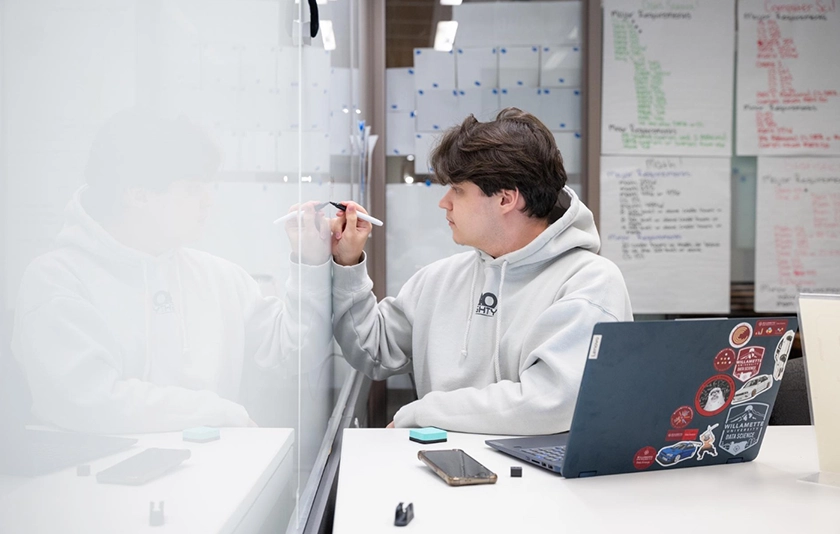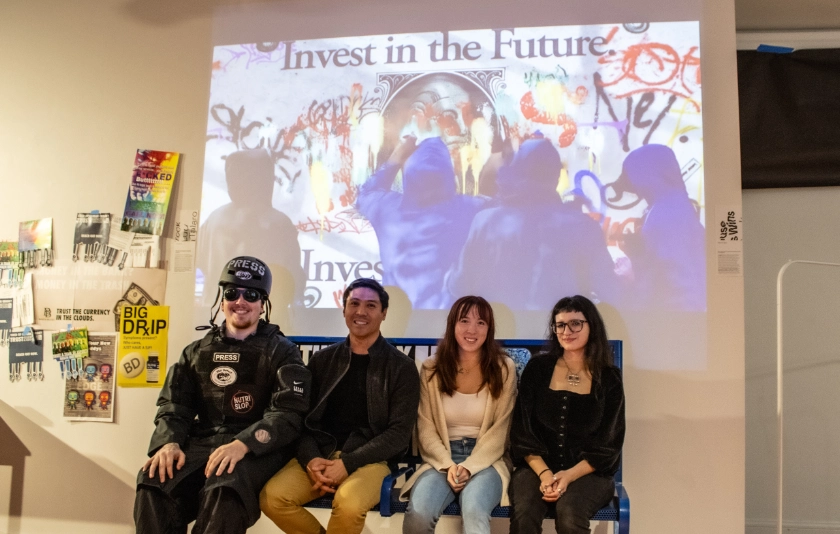Beth Hladick BA’16 first learned about structural political problems — such as partisan gerrymandering — as a Politics major at Willamette. “There was a defining moment in Professor Richard Ellis’s American Politics course when we learned about gerrymandering and partisan injustices,” she remembers. “I was so shocked by the scale of the problems and felt helpless about their solutions.”
However, shock transformed into passion as Hladick took additional courses with Ellis. “I think we read a dozen books one semester about how to fix American politics. I realized that I could play a role in improving our systems.”
Now, as the Director of Research and Outreach at the philanthropic venture fund Unite America, Hladick is part of a team that invests in cross-partisan election reform to foster a more representative and functional government. “I lead research into the root causes and potential solutions to political polarization,” she says. “My team conducts original and scholarly research on different types of election reforms, such as open, all-candidate primaries; instant runoff voting; and independent redistricting commissions.”
“My job is to measure the scale of problems and the impact of reform solutions,” she adds. Hladick and her team see party primary reform as one of the most significant political problems with attainable solutions. “While we don't believe that any one solution is going to fix everything, reforming how we elect our leaders can have an immediate impact on voter choice and power as well as the governing incentives that our elected leaders face.”
Her research is more relevant than ever, with six states voting to reform partisan primaries in 2024. Idaho, for example, will vote on whether to implement a top-four primary system with an instant runoff general election. Instead of being limited to one party’s ballot, voters could nominate any candidate for the primary election. “With more competitive elections, voters would see more options on their ballot and feel like their vote has a bigger impact,” Hladick says.
Hladick credits Willamette with preparing her for her dream job advocating for a fairer election system.
“I learned so much about what’s broken in our politics. But I also learned there’s a whole host of organizations and leaders working to fix it — and now I’ve been able to join the fight.”



